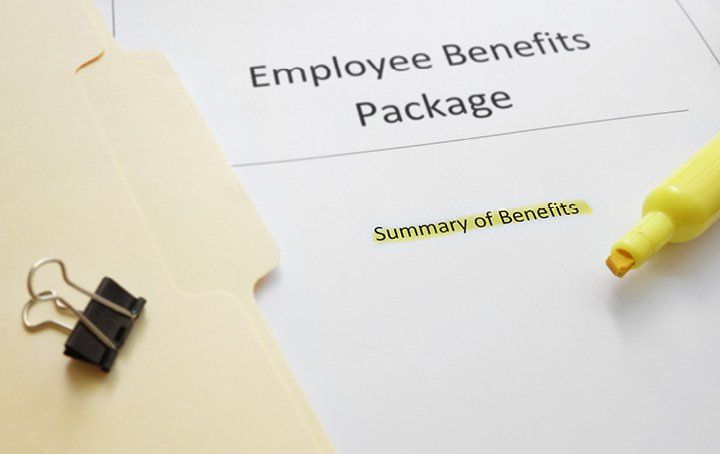 The introduction of single touch payroll
(STP) is in line with the Government's "digitisation agenda", to make reporting more streamlined, but many small businesses will feel an extra compliance burden. Those who work in remote areas of Australia may be at a disadvantage as Single Touch Payroll reporting will require a strong internet connection.
The introduction of single touch payroll
(STP) is in line with the Government's "digitisation agenda", to make reporting more streamlined, but many small businesses will feel an extra compliance burden. Those who work in remote areas of Australia may be at a disadvantage as Single Touch Payroll reporting will require a strong internet connection.
In a straw poll conducted by Accountants Daily (between 5 September and 14 October), almost 90 per cent of accountants and advisers said that their clients were not ready for the shift to single touch payroll.
The Institute of Public Accountants (IPA) chief executive officer, Andrew Conway has said: "While initially STP delivers little benefit to small business, we acknowledge that other benefits exist such as transparency over superannuation guarantee payments."
For small and micro businesses – those who employ less than five people – implementing STP by the deadline will take considerable incentive and support. The IPA supports the notion of a phased and targeted incentive approach as proposed by the Government, along with the consideration of a partial offset of costs. However, Mr Conway said the IPA would "like much more detail" to ensure small businesses are not impacted adversely by the implementation of STP. We will keep you posted on updates to this area.
How will this change affect you as an employer?
The change to STP means that employers won't need to complete payment summaries at the end of the year as these will have been reported in real time throughout the year. If you have a payroll solution (software that you use in order to pay employees), you will need to update this or make sure it is updated by your service provider. If you do not have a payroll solution, you can speak to us about how to find the best solution for your business. We may be able to report using STP on your behalf. The first 12 months of STP will be considered to be a transition period, during which time you could be exempt from an administrative penalty for failing to report on time. There are other exemptions, including if you operate in an area with an unreliable internet connection or you are classed as a substantial employer for only a short period during the year (for example, if your employees are seasonal).
How about if you run a small business?
Mr Conway said the IPA's concern is for 70,000 small businesses that will struggle to implement STP without help and support. If you do not use digital software for your payroll you may also need our help to adopt new technology.
What does it mean for employees?
With the move to STP, employees will be able to log on and make sure they are being paid the correct amount for their superannuation contributions so "this level of transparency is most welcome".
What is the timeframe?
Single touch payroll will be compulsory for employers (including those in a wholly-owned group) with more than 20 employees from 1 July 2018. If your business has less than 19 employees, you have a bit longer, but you will need to get on board by 1 July 2019, subject to legislation. If you are unsure about whether you are a "substantial employer", the advice is to do a headcount of all of your employees who are on your payroll on 1 April 2018; a total headcount includes all full-time, part-time, casual employees, those based overseas, absent employees and seasonal employees, not just your full-time equivalent (FTEs).
Want to find out more?
Call us at Robert Goodman Accountants on 07 3289 1700 or email us at
reception@rgoodman.com.au
.
© Copyright 2017. All rights reserved. Source: Thomson Reuters
Brought to you by Robert Goodman Accountants















